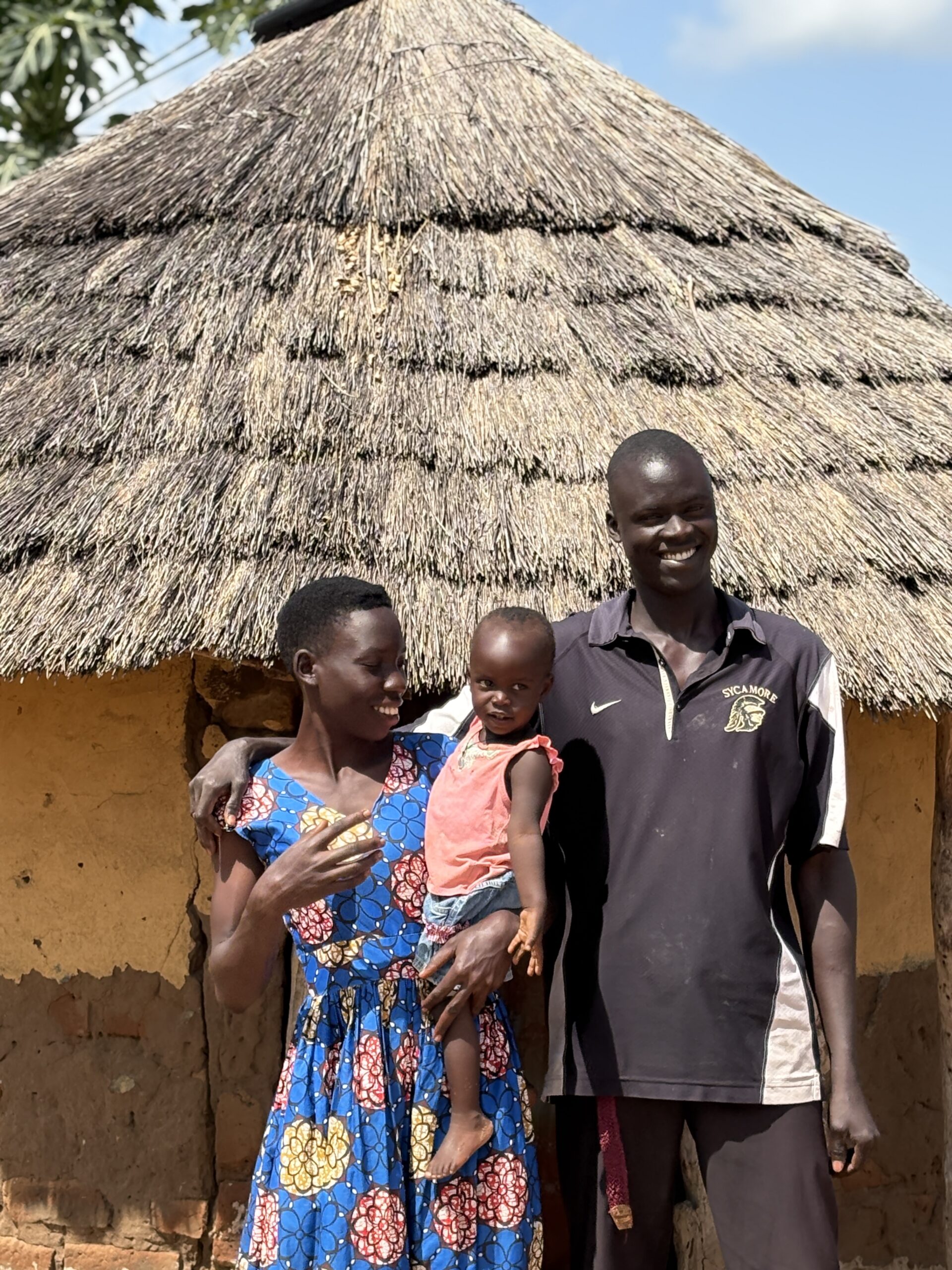The REAL Fathers program in Teso and Bunyoro regions has brought about visible and lasting transformations among young fathers, particularly in the way they perceive fatherhood and the norms guiding family life. Stories collected from beneficiaries through the Most Significant Change (MSC) approach show a clear shift from distant, authoritarian, and often violent parenting to more nurturing, present, and cooperative roles within the household. These narratives reveal not only changes at the individual level but also the beginnings of shifts in community perceptions of what it means to be a “real father.”
Before participating in the program, many young fathers described parenting as the mother’s responsibility. Their primary role was seen as providing money or food for the family, with little engagement in everyday childcare. Interactions with children often centered on discipline, which was usually harsh and physical. Corporal punishment was considered normal, and shouting at children was justified as a way of instilling obedience. Household decision-making, too, was largely one-sided, with men dictating how resources were used and women expected to comply quietly. Fathers working long hours outside the home rarely took time to play with or talk to their children, and being an emotionally distant parent was widely accepted as part of manhood.
The stories collected after the intervention show a strikingly different picture. Fathers now report bathing and feeding their children, walking them to school, telling stories, and finding joy in everyday interactions. Beating and shouting have been replaced by calmer approaches such as explaining mistakes and offering guidance, which many fathers admitted had never occurred to them before the training. Children who once feared their fathers are now more open and confident, seeking comfort and advice instead of hiding. Equally important is the transformation in couple relationships. Young men described a new willingness to discuss household budgets, school fees, and children’s health with their partners, noting that shared decision-making reduced conflict and helped families prioritize children’s needs. This represents a significant break from the previous norm in which men alone controlled money and decisions.
The shift in gender norms is also evident in how fathers view domestic responsibilities. Traditionally, chores like cooking, washing, and caring for children were considered strictly women’s work. Stories now show fathers taking part in these tasks without shame, and in some cases even being praised by neighbors for doing so. In Bunyoro, one father explained how he had started preparing breakfast and walking his child to school, something he had never imagined himself doing before. In Teso, another young man reported helping with bathing the children, and instead of ridicule, he noticed that other men began asking him about the program. This indicates that what was once seen as weakness or laziness is gradually being reframed as responsible and admirable fatherhood.
Community perceptions of fatherhood have begun to shift alongside these individual changes. Beneficiaries reported that neighbors noticed when formerly harsh fathers became more gentle and involved, and this sparked curiosity and in some cases imitation. The image of a “real man” is slowly moving away from one who controls through authority and distance, toward one who earns respect by being present, supportive, and nurturing.
The stories also suggest economic and social ripple effects. Through sharing responsibilities at home, women gained more time to contribute to income-generating activities, and families began setting aside small savings for school fees and medical needs. Fathers reported feeling more respected by their partners and more connected to their children. This sense of cooperation and mutual support is itself a departure from older norms that emphasized male dominance and female subordination.
Taken together, the Most Significant Change stories illustrate a powerful redefinition of masculinity and parenting in Teso and Bunyoro. Where once young men were expected to be strict providers and distant authority figures, they are now embracing roles as caregivers, playmates, protectors, and partners. The transformation is not only improving the lives of children and mothers but also contributing to the slow reshaping of community norms around fatherhood and family relationships.

















Leave a Reply